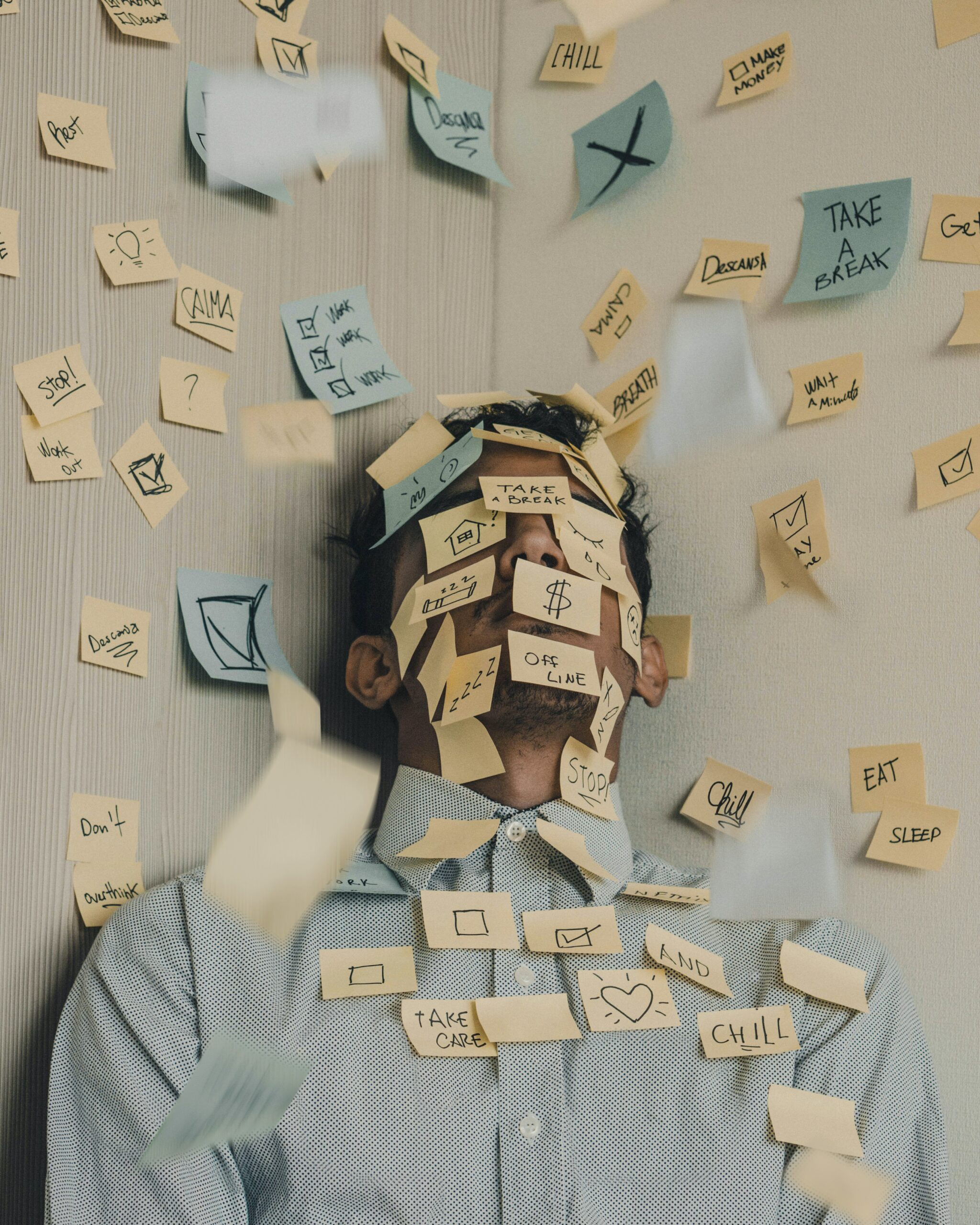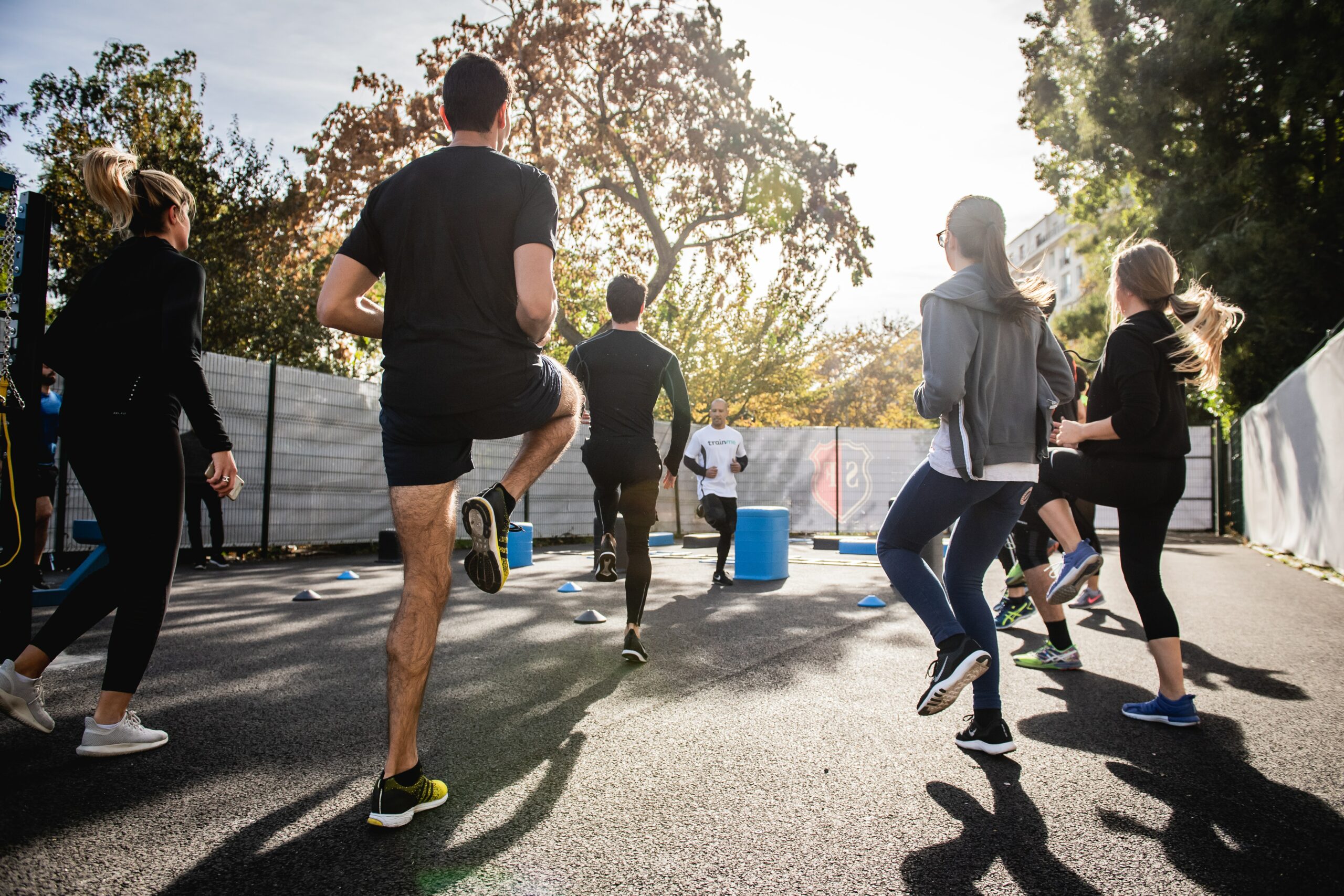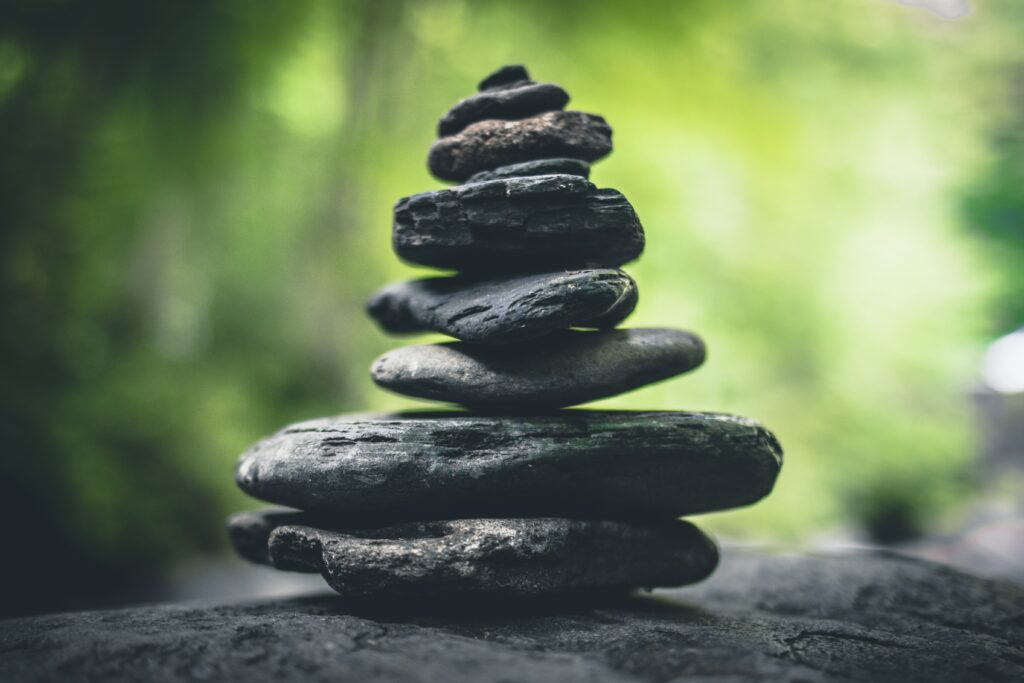What is “stress”?
People are under pressure in every aspects of life. We know about the terms “stress” and “destress”, but what is “stress” really? It is clearly defined as the physical, psychological and emotional responses that people have in response to environmental changes.
“Stress doesn’t necessarily lead to certain conditions, but it can make our existing physical symptoms worse. When physical symptoms worsen, they can in turn increasing our stress,” said Dr. Richard Lang, Cleveland Clinic-Physician. “This leads to a vicious cycle.”

Stress is not all bad. A moderate amount of stress may become a driving force, but excessive stress is very likely to cause insomnia, decreased concentration and other negative effects related to mental health, and even lead to anxiety. In addition to mental health, there are physical-related responses, which are commonly seen as follows:
|
Psychological aspect |
Physical Aspect |
|
Mood swings |
Heart & Lung function |
|
Sleep disorder |
Gastrointestinal system related |
|
Attention Deficit (AD) /Hyperactivity Disorder (HD) |
Immune system |
|
Nervous & restless |
Muscles and joint pains |
|
Anxiety & Depression |
Skin(e.g.rash)and Hair (e.g. losing or thinning) |
Tips to destress:
There are many ways to relieve stress and it could be a challenge to find the method that works the best for you. Some recommendations include:
1. Listen to music:
No need to find music that is categorized as “relaxation” or “destress”, as long as it is what you like!
2. Some ME time:
Relax and spend some time to unwind with yourself. Meditations and blank outs are highly recommended activities to do at ME time. Better yet, spoil yourself with a spa treat or mini vacation.

3.Take deep breaths:
Known as “the greatest enemy of stress”. Simple yet most effective! “Taking deep breaths delivers oxygen to the brain, stimulates the parasympathetic nervous system, and counteracts stress by lowering heart rate and blood pressure,” says psychologist Dr. Judith Tutin.
4. Talk to someone:
No matter how big or small of the matter is, talking with someone is a great way to release our stress. We are social by nature and by having someone to talk to, we feel included, secured and less anxious.
5. Exercise regularly:
It is well-known that exercise can promote the secretion of neurotransmitters such as endorphins, serotonin, and dopamine, and make us feel happy.
Recommended class: LIAN FLOW YOGA

6. Release emotions (laugh, cry):
Have the courage to release our emotions! it might be easier said than done. We might not choose to share or express our feelings to others as it might be marked being vulnerable or weak. It is OK to go to a place you feel safe to laugh it out or cry it out!
7. Keep a journal:
Write down the reasons why you are unhappy at the moment, review the journal regularly, identify the source of stress, and make plan to handle or avoid the stress.
Try these 7 tips to destress today and see which is your favorite!



